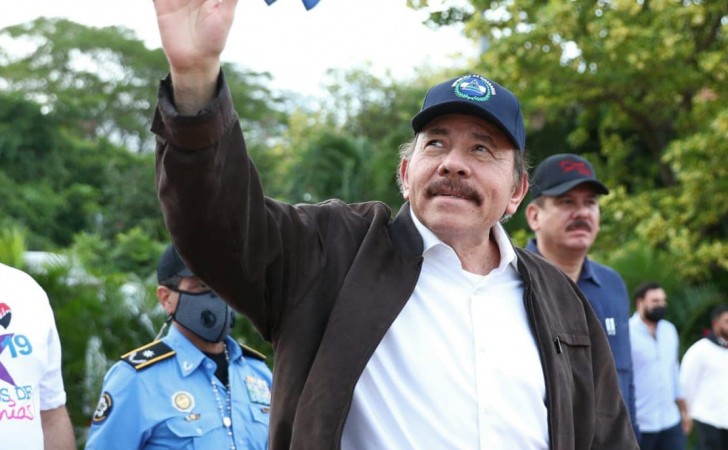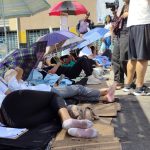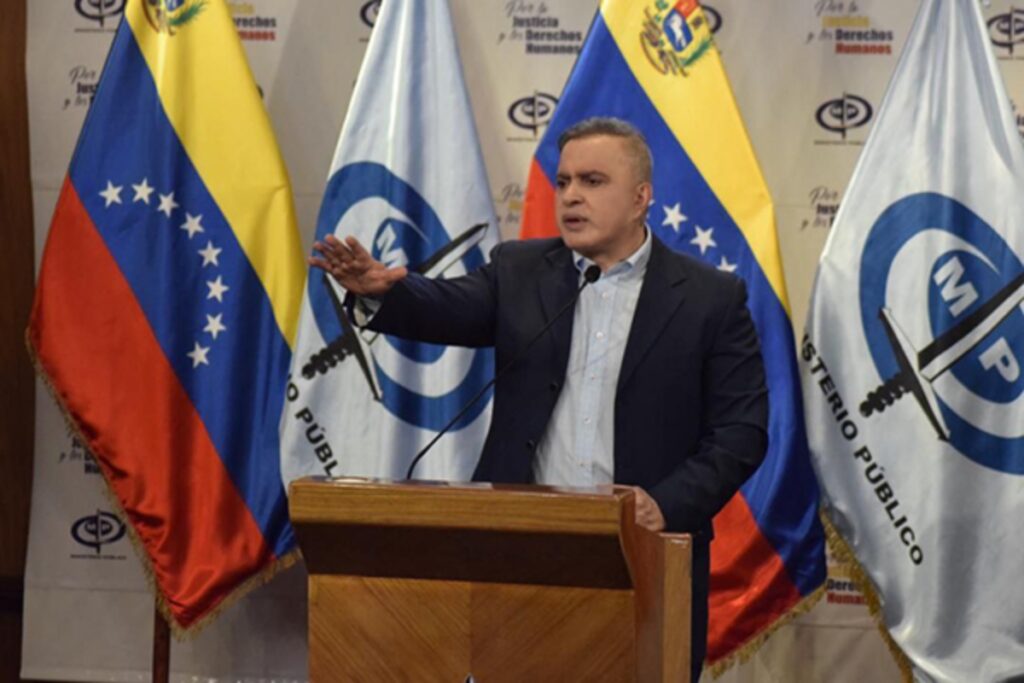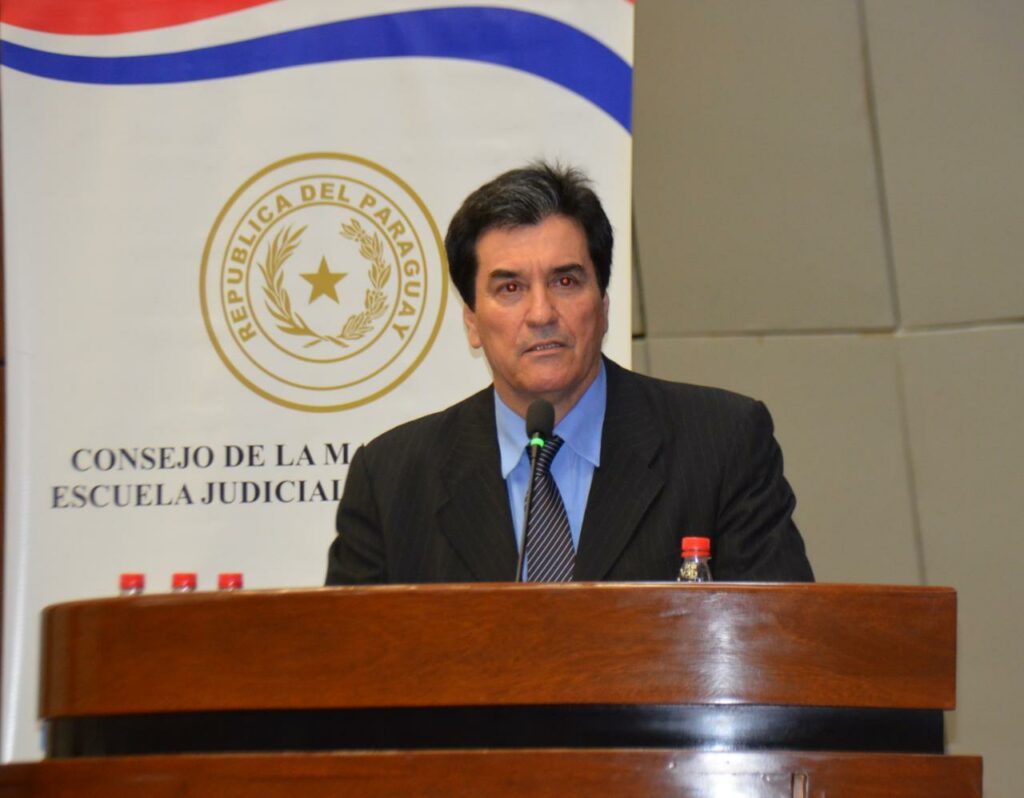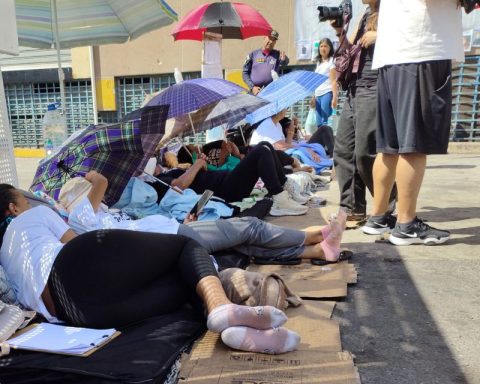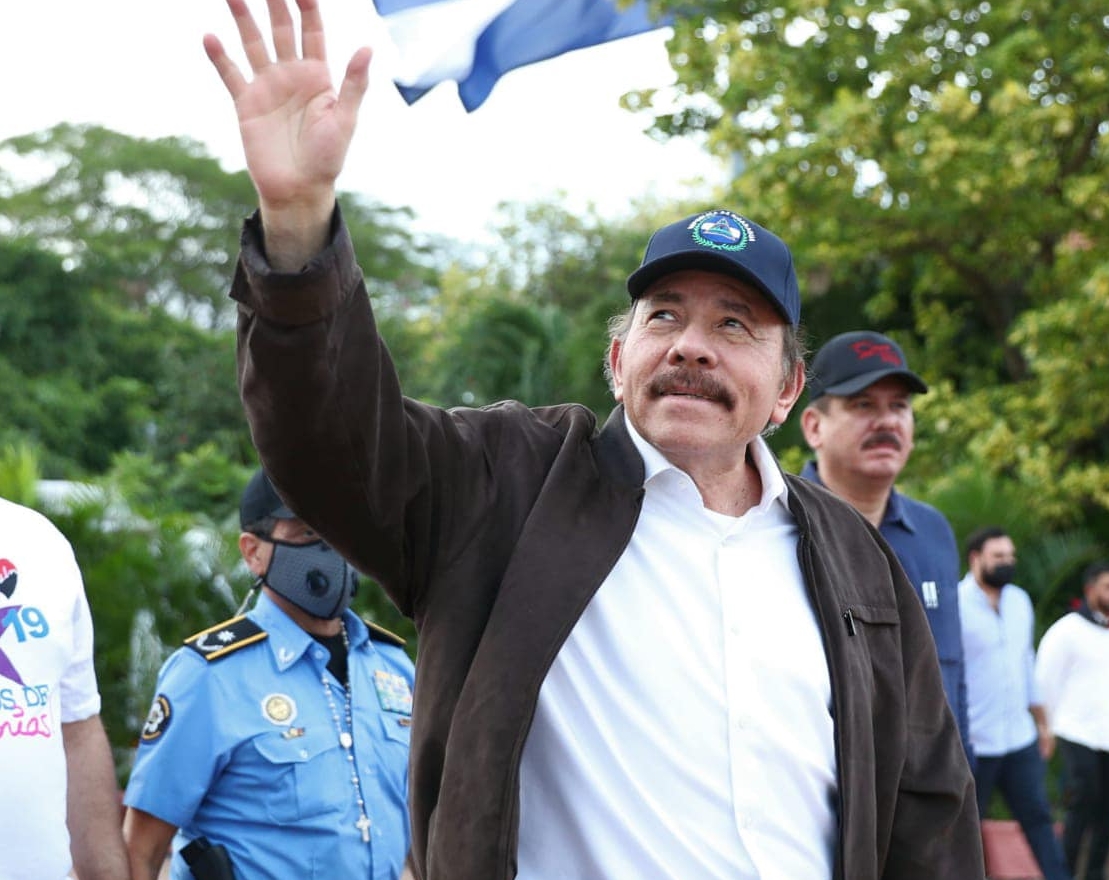
The Broad Front of Uruguay has issued a statement in which it expresses its strong rejection of the measures adopted by the government of Daniel Ortega in Nicaragua. The political and institutional crisis that Nicaragua It is a particular case in the region, since most of the leftist forces have disengaged. Therefore, the FA calls for attention and follow-up on this problem.
First of all, the Broad Front expresses its forceful rejection of Ortega’s repressive measuresdue to the fact that they violate the rights and freedoms established in the Universal Declaration of Human Rights and the American Convention on Human Rights, of which Nicaragua and Uruguay are signatories and States parties.
Likewise, the FA considers that the statelessness condition imposed on Nicaraguan citizens affected by said measures places them in an unacceptable situation of vulnerability and defenselessness. He adds that there are no excuses for restrict freedom of expression, association and peaceful demonstrationand any limitation to them must have the guarantees of domestic law and not go against international law.
The Broad Front expresses its deep concern and regret at the prolonged institutional and political crisis affecting Nicaragua. This crisis has been aggravated by external interference and unilateral sanctions promoted and/or imposed by successive governments of the United States of America. As a result, the most vulnerable and unprotected population in Nicaragua is the one that suffers the most serious social and economic consequences.
The FA notes that Overcoming this complex situation requires instances and mechanisms for inclusive, responsible and productive dialogue, in which the inalienable rights of people are respected. Only in this way can the necessary agreements be reached to overcome this crisis.
Lastly, the Political Table of the Broad Front stresses that it is up to the international community, as well as Uruguay as a member of it, to sponsor and accompany these instances and mechanisms for dialogue and agreementsstrictly respecting the principle of non-intervention in the internal affairs of countries enshrined in the Charters of the United Nations and the Organization of American States, respectively.
